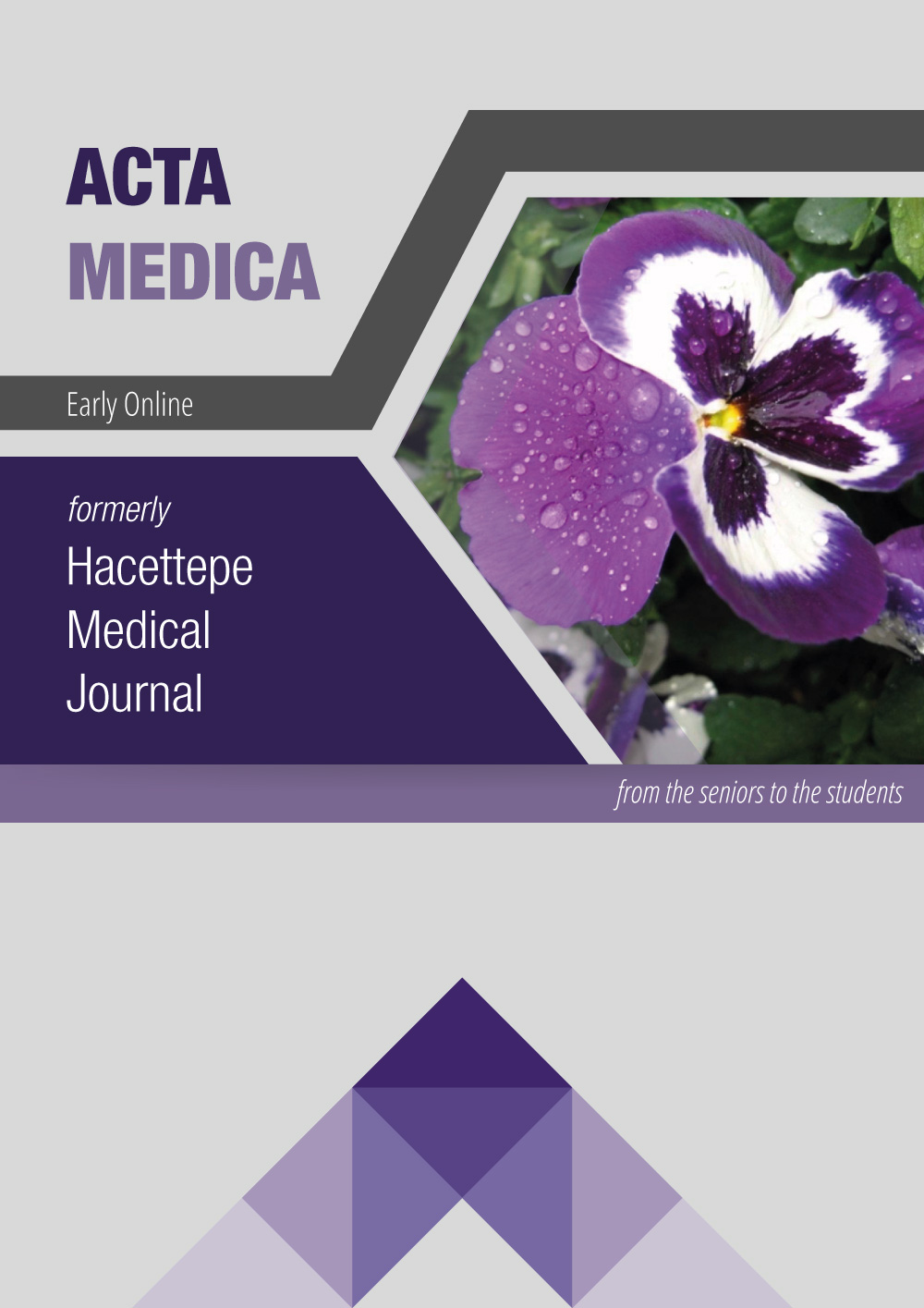Evaluation of A Case of Battery Ingestion with Inductively Coupled Plasma-Mass Spectrometry Metal Analysis
Abstract
Accidents related to swallowing foreign bodies in small children are common. With technological developments the number of battery-powered tools and toys has increased. Produced in various sizes, especially in the form of but- tons, batteries can pose as a danger to children. Heavy metals such as mercu- ry, silver, manganese, zinc, lead, cadmium, nickel, and lithium can be found in batteries. As reported in various studies cases of poisoning caused by the ingestion of batteries has increased in the last 20 years and comprises 2% of
all cases related to swallowing a foreign body.
In this report a 10-month-old infant who died as a result of complications of battery swallowing was evaluated with postmortem examination, to aid in the investigation of the cause of death. Besides the general toxicological anal- ysis and pathological findings inductively coupled plasma-mass spectrome- try (ICP/MS) metal analysis results were evaluated for the first time in a case involving battery ingestion.


